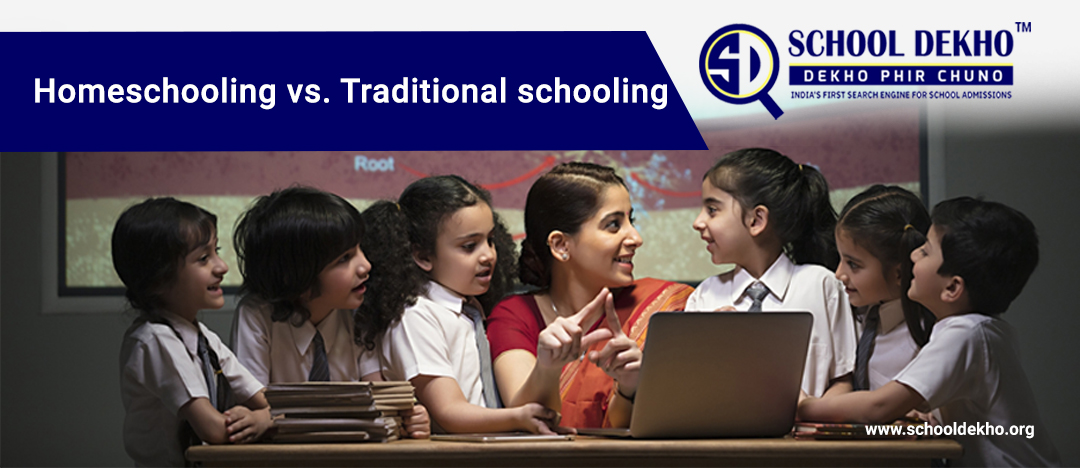
Homeschooling vs. Traditional schooling
The biggest debate among parents is whether homeschooling or formal schooling is preferable. Thus, we must first determine its precise meaning.
Homeschooling is, to put it simply, teaching your children at home. With more and more parents choosing to educate their children rather than enrolling them in public schools, homeschooling has developed into quite a progressive trend in recent years. Students had to swiftly adjust to remote learning from home when the bulk of the world went remote in early 2020 with the COVID-19 epidemic. As a result, many parents started to think about homeschooling instead of sending their kids back to the official school system.
Whereas, Receiving a formal education entails attending either public or private schools. While formal education has numerous advantages, it is more popular than homeschooling. These terms have their pros and cons. Let's look at that.
● Benefits of Homeschooling
Personal Attention: Personal attention is made possible through homeschooling, allowing the student to ask questions without holding back. With so many students in formal education, the teacher's focus is already split, and your child may be reluctant to ask questions.
Time-Saving: Homeschooling allows you to reduce the amount of time your child spends getting ready for school and traveling.
Flexible Schedule: With homeschooling, you may choose your own schedule and spare your child the daily early-morning wake-up call.
Additional education focused solely on knowledge: It is obvious that youngsters will learn more when they are the center of attention. Also, the child is learning for knowledge acquisition rather than grades, which immediately allows them to acquire a superior education.
Preferred Curriculum: You can set the curriculum according to your child's interest and include the courses you think are necessary.
Safe Environment: Many parents are perpetually concerned about the safety of their kids at school. Homeschooling can get rid of this. Safety. At home, there is less risk of contracting COVID-19 and other bad events.
Reduced Paperwork: The paperwork and formalities involved in formal school are more. In homeschooling, the lack of assignments, tests and homework also reduces paperwork.
● Drawbacks of Homeschooling
Absence of skilled and trained teachers: Homeschooling instructors don't always have formal training or pedagogical experience. Most of the time, parents are still learning the courses and lack first-hand experience in homeschooling. Homeschooling is therefore, for the most part, an experiment for each of them. The youngster might not receive the high-quality education that qualified teachers can offer in both public and private institutions as a result.
Limited access to sports: You may teach your child to play a few games and sports when you homeschool them. But they may have fewer opportunities to play team sports regularly. Homeschooling also limits their opportunity to get into professional team sports, which can even get them into universities for higher education.
Most homeschooling parents also don’t get to enjoy their summer vacations as the other parents. A lot of their time is spent preparing for the curriculum and researching for the next school year.
Social life restrictions: Homeschooled students do not attend a class every day with their peers. As a result, kids may experience loneliness unless a concerted attempt is made to engage with peers their age through other activities including participating in sports teams, attending local events, etc.
Pressure on parents’ time: For most adults, balancing a career and a child requires a significant amount of time. Being the child's instructor is therefore an additional responsibility for parents that not all are able to take on. Now that the "teacher and student" dynamic is also present, a parent will also need to make sure that healthy boundaries are formed between the parent and child.
Cost: While public school is free, a homeschool curriculum might cost several thousand. It should be emphasized that homeschooling can be less expensive than private school, therefore a family should consider this while determining how to best allocate their educational budget.
● Benefits Of Formal Schooling
Proper Structure: For selecting the curriculum, sports teams, and other extracurricular activities, formal schools use tried-and-true approaches. To boost pupils' productivity, they employ tried-and-true techniques.
Talented Teachers: Private or public school professors and teachers may have more training and education in teaching. In truth, the majority of teachers in any given institution have years of experience, thus they are aware of the best ways to instruct a given course.
Varied Courses: Formal education provides a wide range of courses and intentionally includes all academic areas in the curriculum. This gives them the ability to decide on a career in the future with knowledge.
Cost Effective: Homeschooling is expensive since it costs money to hire qualified teachers and buy a curriculum. But, compared to homeschooling, formal education delivers a considerably higher financial value.
Enhanced Social Activities: Children can form relationships with their classmates and teachers while attending formal school. Children who are homeschooled frequently miss this chance and may develop antisocial behavior as a result of lacking social interactions as young toddlers.
Access To Sports: Sports are just as vital as academics, which is why they are offered in every formal institution. This is uncommon for children who are homeschooled, and it is also impossible to give them every sporting opportunity at home.
Promotes Independent Nature: Children that attend formal schools learn to live independently of their parents, fostering their independence. A youngster who is homeschooled will experience more difficulties while leaving their parents' home than a child who attends a formal school.
● Traditional Schooling: the cons
More traditional curriculum: Instead of exploring their own interests, students are forced to study subjects at the same pace as their classmates, and course selection is more limited.
Peer pressure: Be it wearing the latest Nike shoes, fitting in with the cool crowd, or dealing with bullies, peer pressure plays a big part in a teenager’s life and is more present in traditional schooling environments.
Overwhelmed teachers: Many teachers have dozens of students on their roster and getting each student’s individual needs met is not often accomplished.
Fitting in: Perhaps the school is simply not a good fit for who your child is – be it the type of curriculum offered, the crowd present, or the overall management of the school.
● Conclusion
Homeschooling is not a bad option; however, it all depends on your situation. If it is possible for you to send your child to a public or private school, then do that for the enhanced personal growth of the child. If it is not possible due to any reason such as a lack of good schools in the nearby area, then consider homeschooling.
Contact with Us
Call: 1800 - 2588 - 074
Mail: info@schooldekho.org
Student’s Best Education Portal | School Dekho | India's First School Search Engine | Best Schools Near Me | Find Schools Near Me | Dekho Phir Chuno
#dekhophirchuno


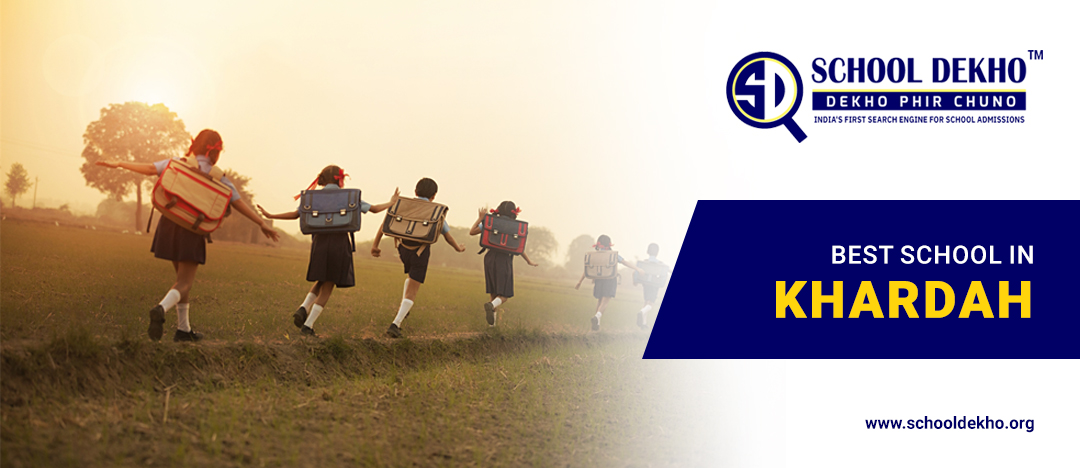
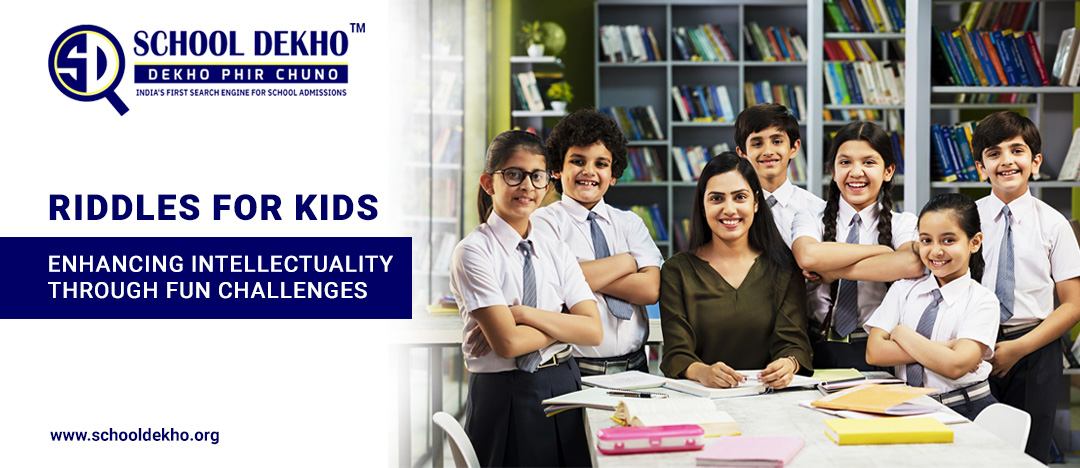

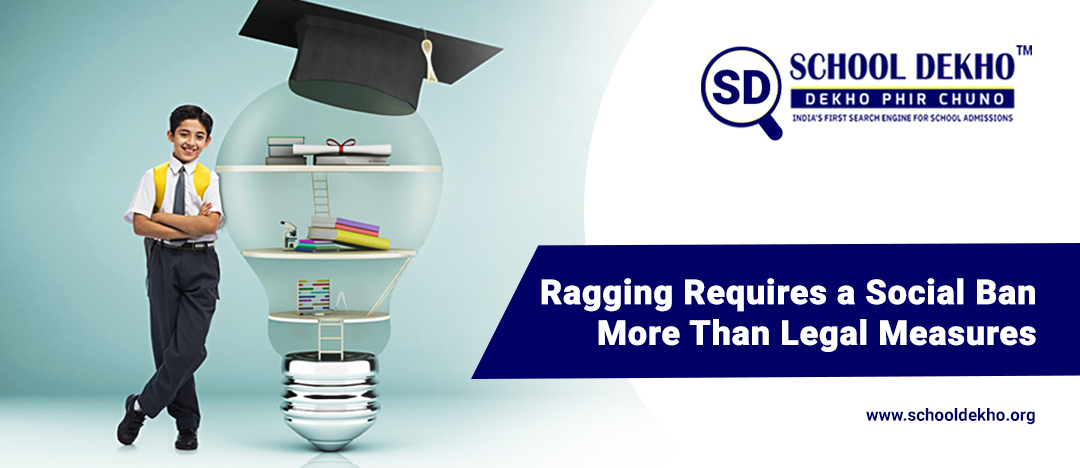
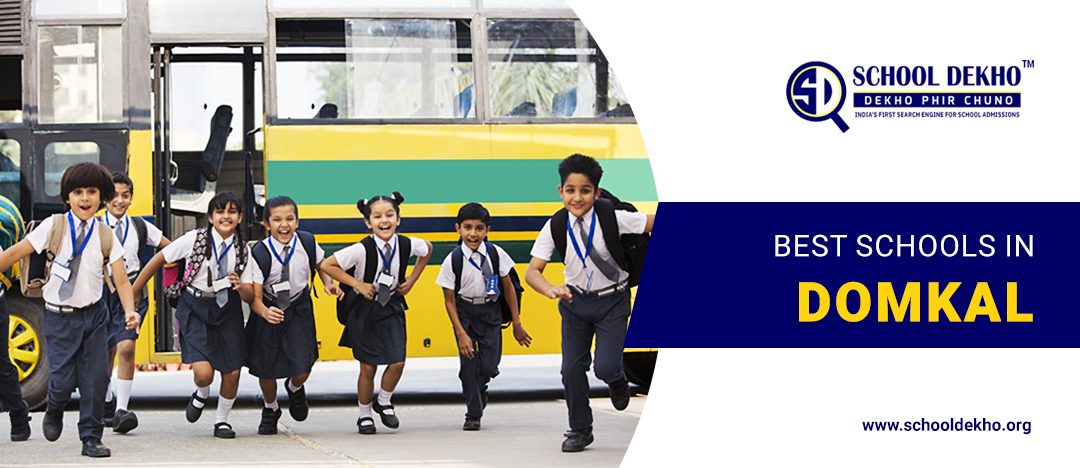
Leave your thought here
Your email address will not be published. Required fields are marked *